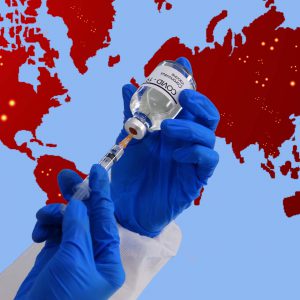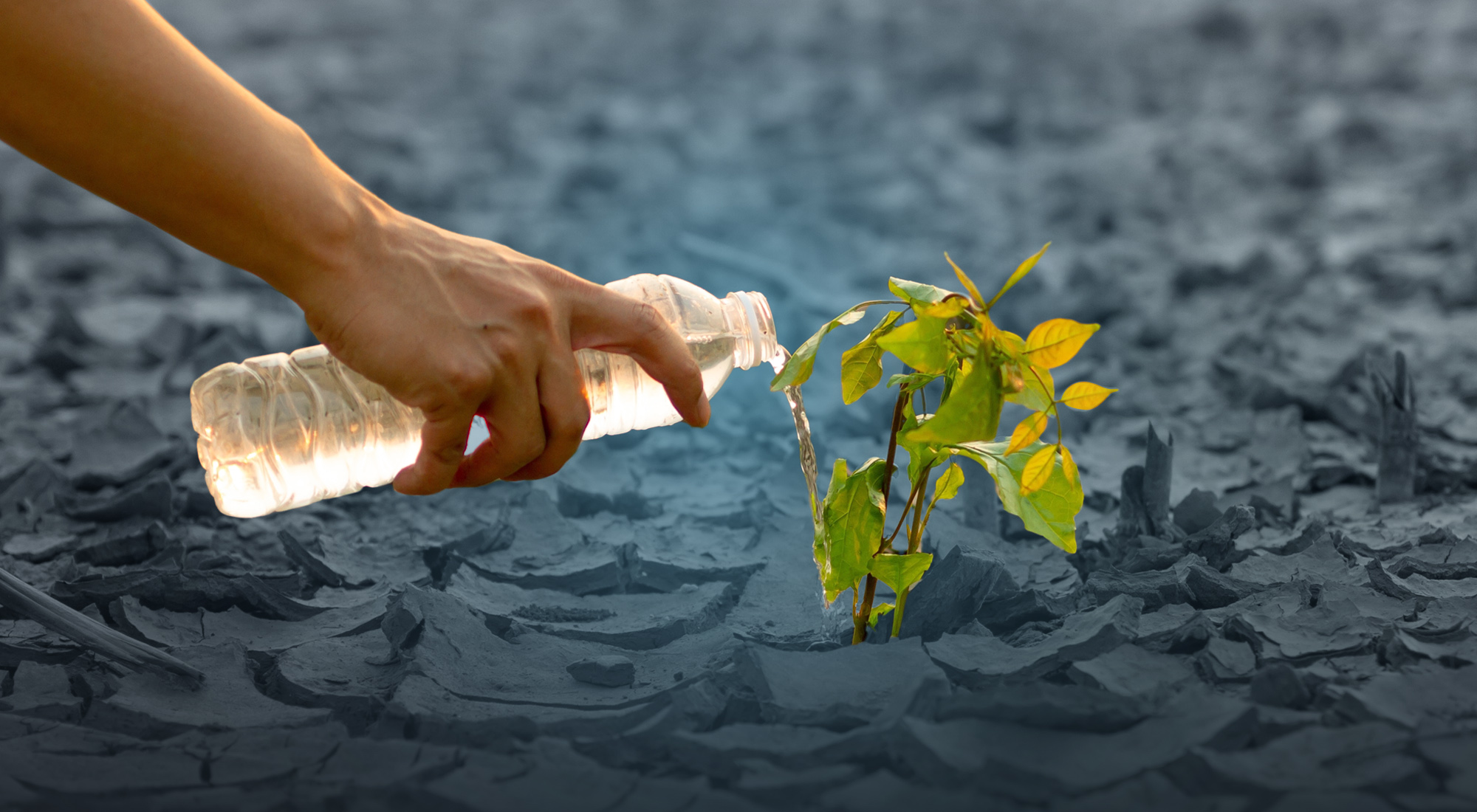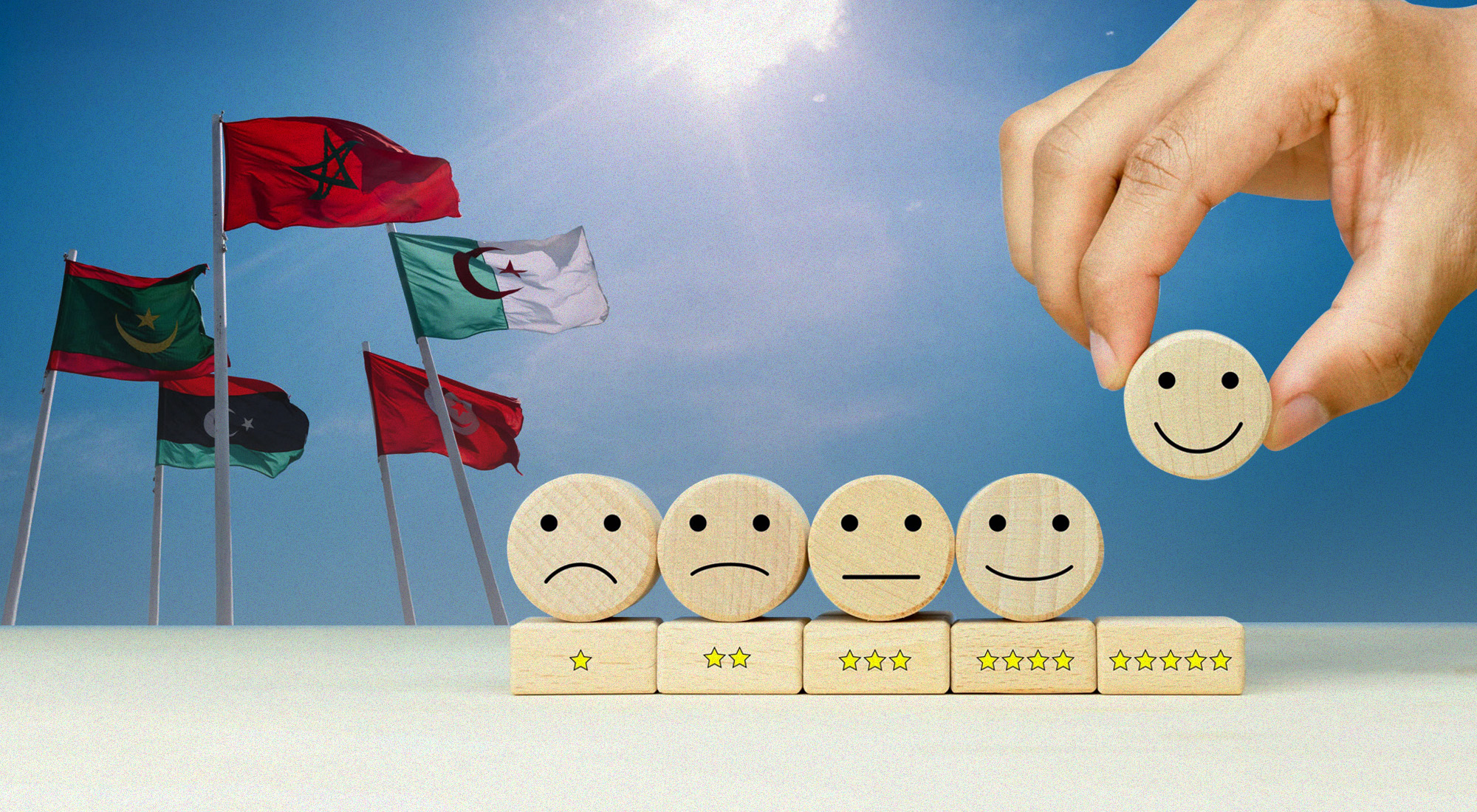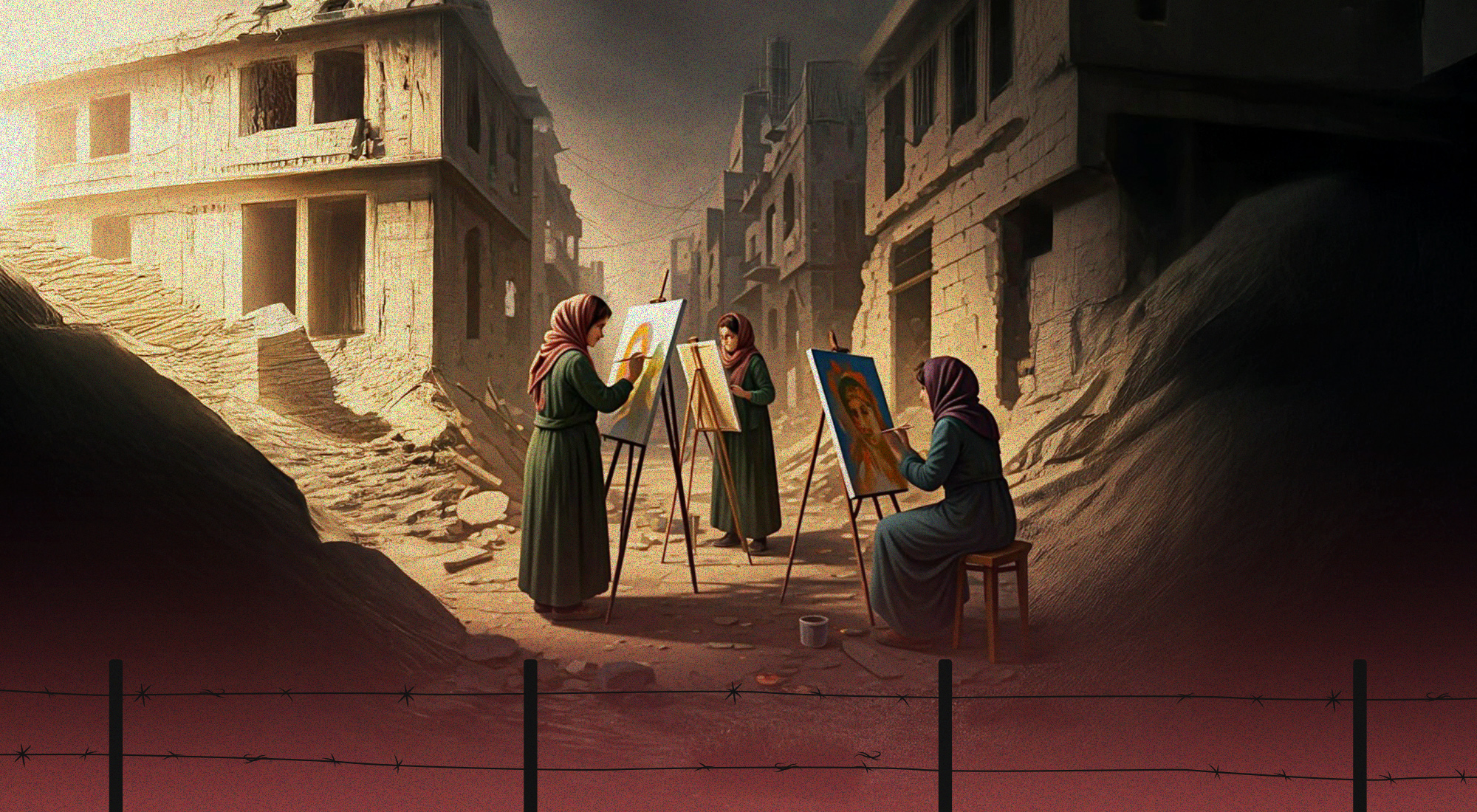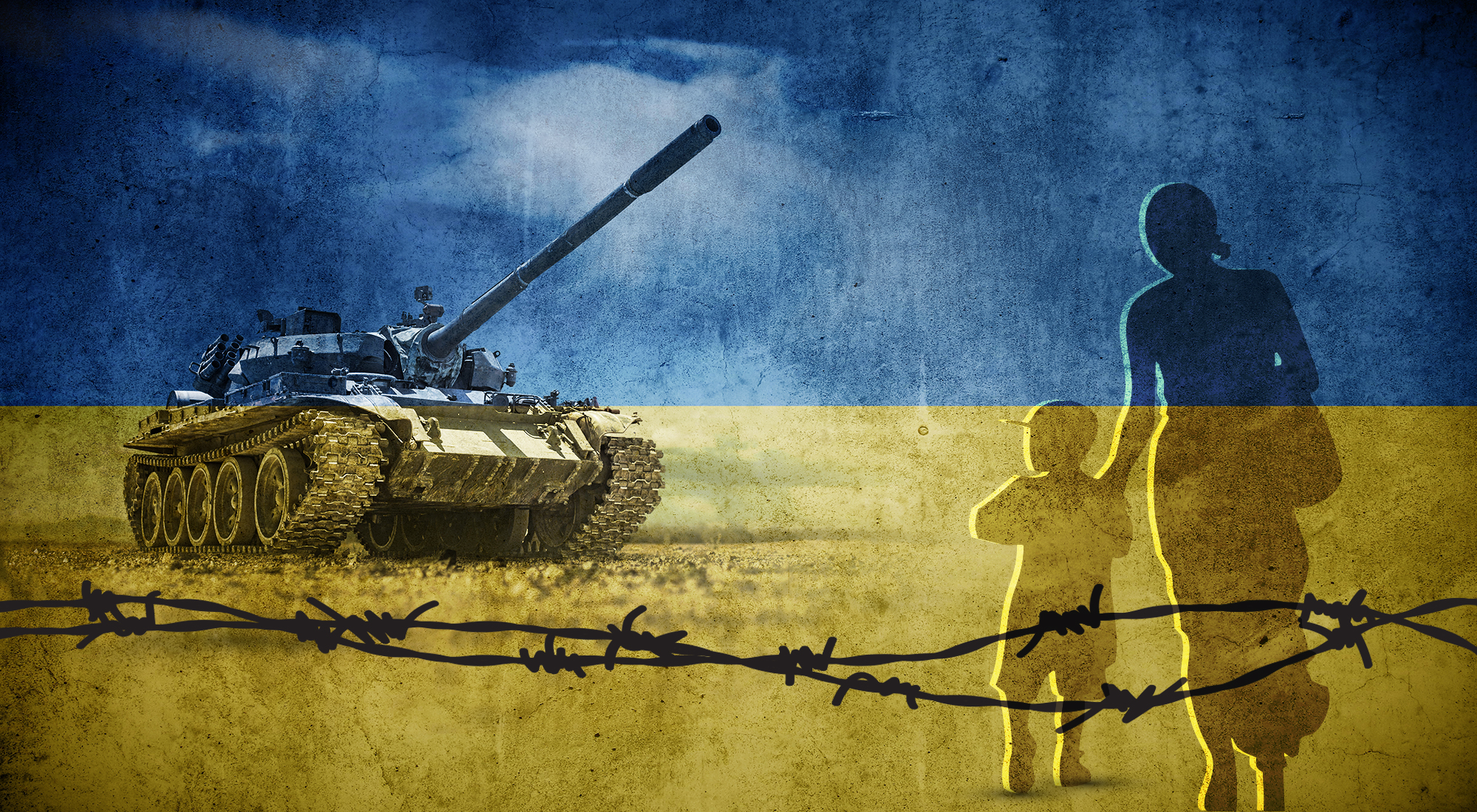There are moments in history during which humanity faces momentous events that also bring with them profound dilemmas. The response(s) given to these dilemmas dictates whether such historic watersheds bring us closer together, projecting what is best about human beings and humanity, or tear us apart, leaving a legacy of suspicion and distrust. Such is the case with the ongoing Covid-19 pandemic that has forced the international community to reassess its values and priorities. The pandemic has demonstrated how we relate to one another as individuals, concerning our governing bodies, and, just as important, how we cooperate, or not, as an international community to stop the pandemic rot.
From early in the current health crisis, a major question has been whether countries would resort to protectionist-like policies by competing with one another for the necessary resources to contain the pandemic. Alternatively, it would do exactly the opposite by mobilizing the international community’s resources to combat this threat and defeat it together. Thus far, the former approach has been more dominant than the latter, and in the last few months, we have been forced to grapple with the conundrum revolving around equitable and expedient distribution of vaccines for Covid-19. Is the issue going to be a source of constant friction, as each country does everything in its power to protect its population and maximize the availability of vaccines for its citizens? Or it will bring the international community together in a global approach by distributing vaccinations to meet urgent needs and generally acting according to what best serves to defeat this horrendous disease?
There is a broad consensus that access to vaccines, tests, and treatments for everyone who requires them is the only way to contain and eventually defeat Covid-19 initially. As the World Health Organisation (WHO) put it: “A global pandemic requires a world effort to end it – none of us will be safe until everyone is safe.” A global vaccine rollout provides an opportunity to unite and establish a collaborative framework that includes international organizations, governments, the scientific community, businesses, and NGOs. This will not only save lives but enable the resumption of some degree of normality and much-needed economic recovery.
As a consequence of developing several vaccines to battle the spread of Covid-19 and reduce its symptoms, a debate has emerged over setting the distribution priorities that will reflect the world’s prevailing wealth and power inequalities. With this, there is a discussion around the notion of ‘vaccine diplomacy.’ Peter Hotez, an American scientist specializing in public health, defined vaccine diplomacy as “the branch of global health diplomacy that relies on the use or delivery of vaccines.” It is complemented by the notion of vaccine science diplomacy that “could lead to the development and testing of some highly innovative neglected disease vaccines.” The pandemic and the development of vaccines provide a rare opportunity for this type of diplomacy, which combines the application of soft power to utilize public diplomacy.
Regrettably, many of the diplomatic engagements surrounding Covid-19 have been frictional rather than collaborative. While China was far from forthcoming in sharing information about the details of the nature and scale of the pandemic, especially in the early stages, it has since realized the benefits of supplying vaccines, and especially the rhetoric of vaccine diplomacy, to those countries with less resources than itself. This happened at a time when the US under the Trump administration was preoccupied with jingoistic language as its president showed a complete disregard for multilateralism and utter contempt for international organizations, which culminated in his decision to cancel America’s membership of WHO, and this in the middle of the worst pandemic in living memory. The Biden administration has now reversed that decision and the way is open to some level of collaboration, at least in dealing with Covid-19.
Vaccine diplomacy is not a new idea. Its central goals are to enhance the state of health worldwide, and simultaneously improve and strengthen relations among nations. International cooperation to control infectious and tropical diseases dates at least as far back as the 14th century when the practice of quarantine was introduced. It intensified in 1851 when the International Sanitary Conference for multilateral disease prevention was held to coordinate action against the spread of cholera and later yellow fever. In more recent times, it has become clear that preventing and eradicating the spread of diseases such as Ebola, SARS, and now Covid-19 requires diplomatic coordination. With the spread of infectious and tropical diseases that their very nature does not recognize geographical or political borders, governments can serve the interests of their countries only through diplomacy and collaboration rather than competition and a narrow self-serving outlook.
The formation of the WHO was supposed to provide an umbrella body for addressing such global health challenges, but the organization has since fallen victim to squabbles between members who use it in their parochial battles. Past experiences with the near- to complete elimination of diseases such as smallpox, polio, measles, and Guinea-worm have proved that only international cooperation can best serve this aim of alleviating suffering in many parts of the world. Besides, it has enhanced the reputation of the countries taking part in these programs.
Conventional wisdom would dictate that the champions of vaccine diplomacy should be the more affluent countries that also subscribe to universal liberal-democratic values and human rights. However, this is far from being the case. The United States, which should have led this pack of countries, is one of the worst hit by Covid-19, mostly through the negligence and incompetence of the Trump administration. Only after Joe Biden assumed office has it begun to turn the corner at home and support vaccine programs abroad. In an increasingly fractured world, where signs that a new Cold War is brewing are increasingly frequent and intense, competition between the US, China, and Russia for international influence could intensify the employment of vaccine diplomacy as a tool for winning hearts and minds. Meanwhile, the European Union, which should have been the shining example of a supranational organization whose whole is greater than the sum of its parts, is crumbling under the pressure of the pandemic. As a result, its support of international efforts to distribute vaccines is lagging.
The current vaccine diplomacy is divided between individual countries’ schemes, such as those of China, India, or Russia, and the COVAX program, which is a global partnership aimed at accelerating the development and manufacture of Covid-19 vaccines, as well as producing diagnostics and treatments, and ensuring rapid, fair and equitable access worldwide. COVAX is still in its infancy, and so far, more than 38 million doses of vaccine have been delivered to 98 countries. However, dozens of more countries are still waiting for vaccines to start inoculating health workers and the elderly.
While vaccines are not something we normally think of as a foreign policy tool, vaccine diplomacy operates on similar lines. It is about applying power by supplying vaccines to gain influence. Covid-19, from its very early days, strained healthcare systems throughout the world as demand far exceeded supply in terms of testing, protective gear, equipment, treatment, and hospitalization. Access to any or all of this meant a higher probability of survival and full recuperation. The same goes for vaccines. Fair and equitable distribution of vaccines is the most acute challenge the world is facing today, and as things stand, it is a scarce commodity with demand massively outstripping supply. Moreover, herein lies the opportunity for countries with the capacity to supply it to others and some political leverage that they will be able to cash in on in the future.
Earlier on in the spread of the pandemic, medical researchers widely promoted a set of values that apply equally to the distribution of vaccines, including “maximizing the benefits produced by scarce resources, treating people equally, promoting and rewarding instrumental value, and giving priority to the worst off,” besides advocating that an individual’s wealth should not determine whether they live or die. Vaccine diplomacy adds a tier this: that a country’s relative wealth, or poverty, should not be a factor in its people’s access to what might save their lives and prevent suffering. As we were reminded recently by IMF chief Kristalina Georgieva: “Vaccine policy is economic policy,” that in its contribution to hastening the end of this health crisis could add almost $9 trillion to the global gross domestic product (GDP) by 2025. As much as it is a moral imperative, vaccine diplomacy is also in the self-interest of the leading economic powers who are heavily dependent for their well-being on the resumption of economic activity to pre-pandemic levels.
The inequity of access to vaccines has turned this essential life-saving commodity into a diplomatic bargaining chip. China, India, and Russia have seen the potential for advancing their position globally and have capitalized on the opportunity to use their Covid-19 vaccines to reward friends and deprive rivals and foes. For now, the rhetoric of vaccine diplomacy exceeds its implementation in practice. At the peak of the coronavirus pandemic, China was the first to recognize the value of moving from containing the health crisis at home to acting similarly abroad. Some might argue there is an element of guilt in that. Yet, it is more in line with the country’s dual approach to foreign policy, which has built its hard power through creating the world’s biggest navy and its growing military engagements globally, but at the same time complementing it with far-reaching soft power policies to increase its prestige and influence, including the Belt and Road Initiative (BRI).
In May of last year, President Xi Jinping announced at the opening of the World Health Assembly that China would provide economic and social aid to Covid-19 affected countries, especially developing ones. He also said China would develop and deploy vaccines that will “be made a global public good,” emphasizing support for those who cannot develop it themselves or the resources to purchase them. Currently, China is estimated to have sent out more than 60 percent of its available doses abroad.
Russia has also been active in supplying tens of millions of its Sputnik doses to other countries, and India has shipped 64 million doses of vaccines to 85 countries. The response from Europe, including the UK, has been to pledge support to the COVAX scheme of supplying surplus vaccine doses to the developing world. Yet, there are also worrying examples of political rivalries and animosities spilling over to the distribution of vaccines. That was the case of the EU and the UK in the post-Brexit era. Israel has had a very successful rollout program. However, it ignores the predicament of the Palestinians in the West Bank and Gaza and has turned down pleas from the Palestinian Authority for help with a similar vaccination program.
It is almost too easy to become cynical about the motivations of individual countries in supplying free or financed vaccines. However, it is a legitimate foreign policy tool, and like other types of aid, it is not given for the charity. It might not necessarily stem from altruism; nevertheless, the outcome is both morally commendable and practically expedient in sharing scientific knowledge and vaccines. Vaccine diplomacy could be instrumental in the emergence of a healthier global community, in the broadest sense of the word, more inclusive and collaborative. The depths of suffering inflicted by the Covid-19 pandemic have come to understand that there is a mutual responsibility that also serves the interests of the individual nation-states that comprise the international community. This can later translate into the prevention and containment of health crises and additional areas and issues for the benefit of humanity as a whole.



